Understanding Kashmir
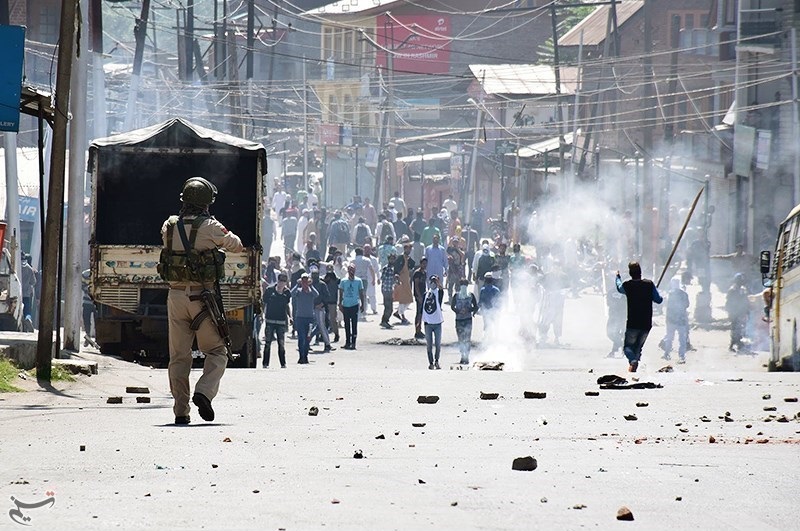
On 5 August 2019, Kashmir was once again thrust into the annals of history when the Indian government repealed Article 370 of the Constitution of India, which granted Jammu & Kashmir ‘special status’—giving the embattled state greater autonomy over its internal affairs than any of the other states in the country. The move is expected to lead to greater development for the state at the cost of its contested autonomy, while integrating it more deeply into the social and political fabric of India. However, this is just the latest salvo in a protracted, century-spanning conflict that has seen countless people killed and uprooted in a bitter fight over land, religion and self-governance. Sold to a Hindu Maharaja by the East India Company in 1846, the Muslim-majority state of Kashmir has been a hotbed of discontentment, persecution and ethnic conflict since the early 20th Century—a beautiful yet bitter valley that starkly questions the very idea of the nation-state in our post-colonial world.
What is the truth of Kashmir? Is it the raw, living wound of the deeply divisive idea of nation-building pursued by the British Empire? Is it a persecuted, illegally occupied land that proves that the tyrannical legacy of our erstwhile colonial masters lives on in the Indian state, among others? Or is it an integral part of the Indian fabric, torn apart by the same religious conflict that has hounded the subcontinent for time immemorial? While these and other questions will continue to be discussed for a long time to come, the following books can help you form your own answers.
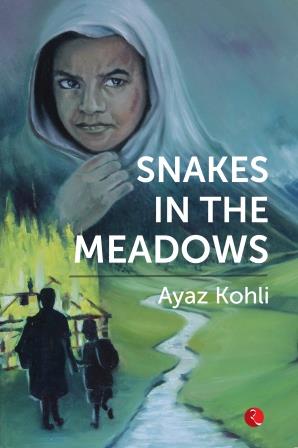
Jammu And Kashmir, 1987. In the hilly village of Pathri Aali, where legends appear true, Aslam and Ashwar, two young lovers, dream of marriage and of good things of life. But that is not to be. Unable to cope, Aslam leaves Pathri Aali forever. Years later, as men migrate to Saudi Arabia for employment, Pathri Aali is populated mostly by women and children. Soon they realize the Mujahideen, who style themselves as their liberators, are the worst perpetrators, and misery seems inescapable. Ashwar refuses to be cowed down by this reign of terror and is determined not to let it devastate the once-peaceful village. The only one she can bank on is Aslam—and she calls out to him across the distance of time and space, to return and live up to the legends of their village. Ayaz Kohli’s debut novel, informed by his own experience, is a saga of the onset of militancy and the suffering and the resilience of Pir Panjal—the ‘And’ of Jammu And Kashmir.

Blending analyses with anecdotes, Kashmir: Rage and Reason by Gowhar Geelaniis the Valley’s new-age writing, which traces, in lucid language, the region’s tortured history, the many facets of Kashmiri nationalism, and the betrayals. The author has woven together his anecdotes and people’s narratives from ground zero to give us the real picture in all its starkness, minus any journalistic dressing.
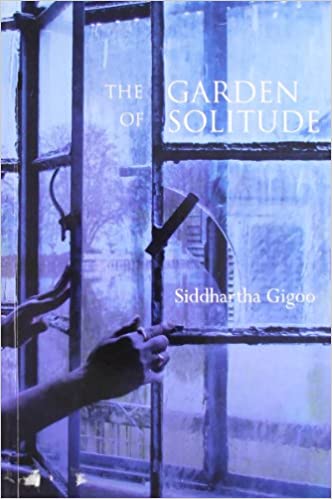
Siddhartha Gigoo’s The Garden of Solitude is the poignant tale of a Kashmiri Pandit family driven away from the Valley in the wake of armed insurgency and political turmoil. Sridar, a young Pandit boy, is torn apart as he reluctantly leaves his home situated in the beautiful Valley along with his family. The family, like the other Pandits, settles in Jammu, where an entire generation of Pandits spends the rest of their lives suffering from a sense of loneliness and alienation.
Sridar soon begins to find solace in his writings and leave Jammu to pursue full-time writing. However, his love for his homeland brings him back to Kashmir; he is now writing a book on Pandit migration. He is pained to see how the forced migration to Jammu has transformed the once prospering and happy community of Pandits into a pained and estranged populace. Troubled by his tumultuous past, he is now trying to find answers to the questions that define him.
Written by a Kashmiri Pandit, this novel explores the political turmoil in Kashmir, the migration of the Pandits and their lives and plight in exile.
Kashmir As I See It: From Within and Afar
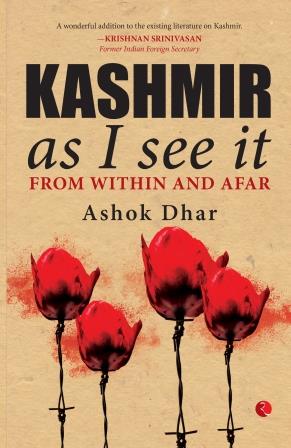
Stories of the trauma and betrayal faced by Kashmiris have been told, the events retraced and analysis offered. And yet, one of the most long-standing disputes in India’s post-Independence history remains unsettled. If it were up to Lal Ded, a Sufi poet, she would offer the most difficult solution so far—to look within. Kashmir As I See It, a personal journey interspersed with geopolitical analysis, is not only about the state but also about the voice that yearns to be home again.
Ashok Dhar, who was born and brought up in the valley, slowly and carefully uncovers multiple layers of the conflict to show that apart from being a territorial dispute, it is also about historicity, morality and leadership—aspects that have been neglected so far. He holds that looking merely at the legality of the state’s accession is like looking at an iceberg; peace will not come if we have not examined what Kashmiriyat is. This rigorously researched and passionately honest account shows us a way to look for solutions that are not merely reflective but practical, using tools extracted from management studies such as game theory. A radical approach that throws open a new window of inquiry to resolve an age-old issue!
Behold, I Shine: Narratives of Kashmir’s Women and Children
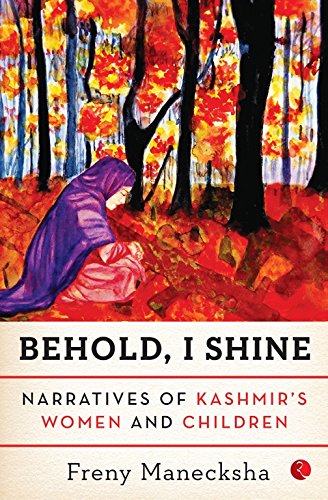
Behold, I Shine by journalist Freny Manecksha moves beyond male voices and focuses, instead, on what the struggle means for the Valley’s women and children—those whose husbands remain untraceable; whose mothers are half-widows; those who have confronted the wrath of ‘Ikhwanis’, or the scrutiny of men in uniform, and what it means to stand up to it all.
This book also brings to focus the resilience of the Valley’s women and children—of activists like Parveena Ahangar and Anjum Zamrud Habib, who, after debilitating losses, start human rights organizations; of ordinary homemakers like Munawara who have taken on the judiciary; and of a young generation of thinkers like Uzma Falak and Essar Batool who foreground the interaction of gender, politics and religion, and won’t let Kashmir forget.
Stitching together their narratives, Behold, I Shine not only memorializes women’s voices—thus far forgotten, unwritten, suppressed or sidelined—but also celebrates the mighty spirit of the Valley.
Click on the books’ titles to go to their Amazon page.

